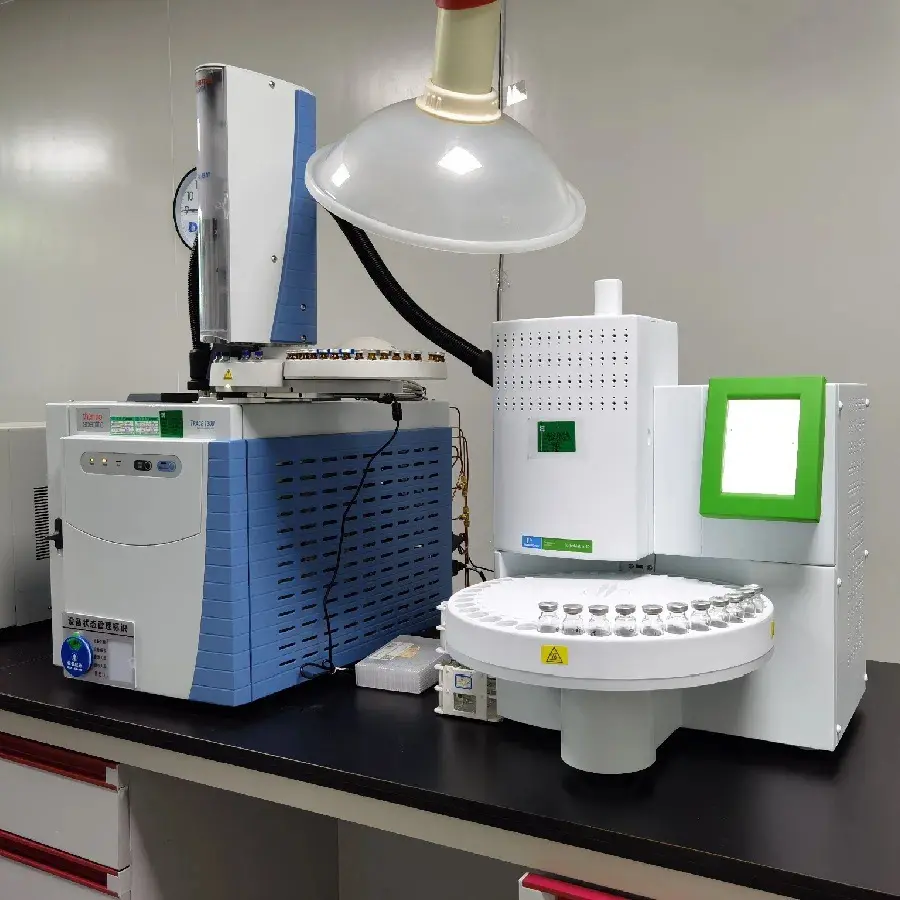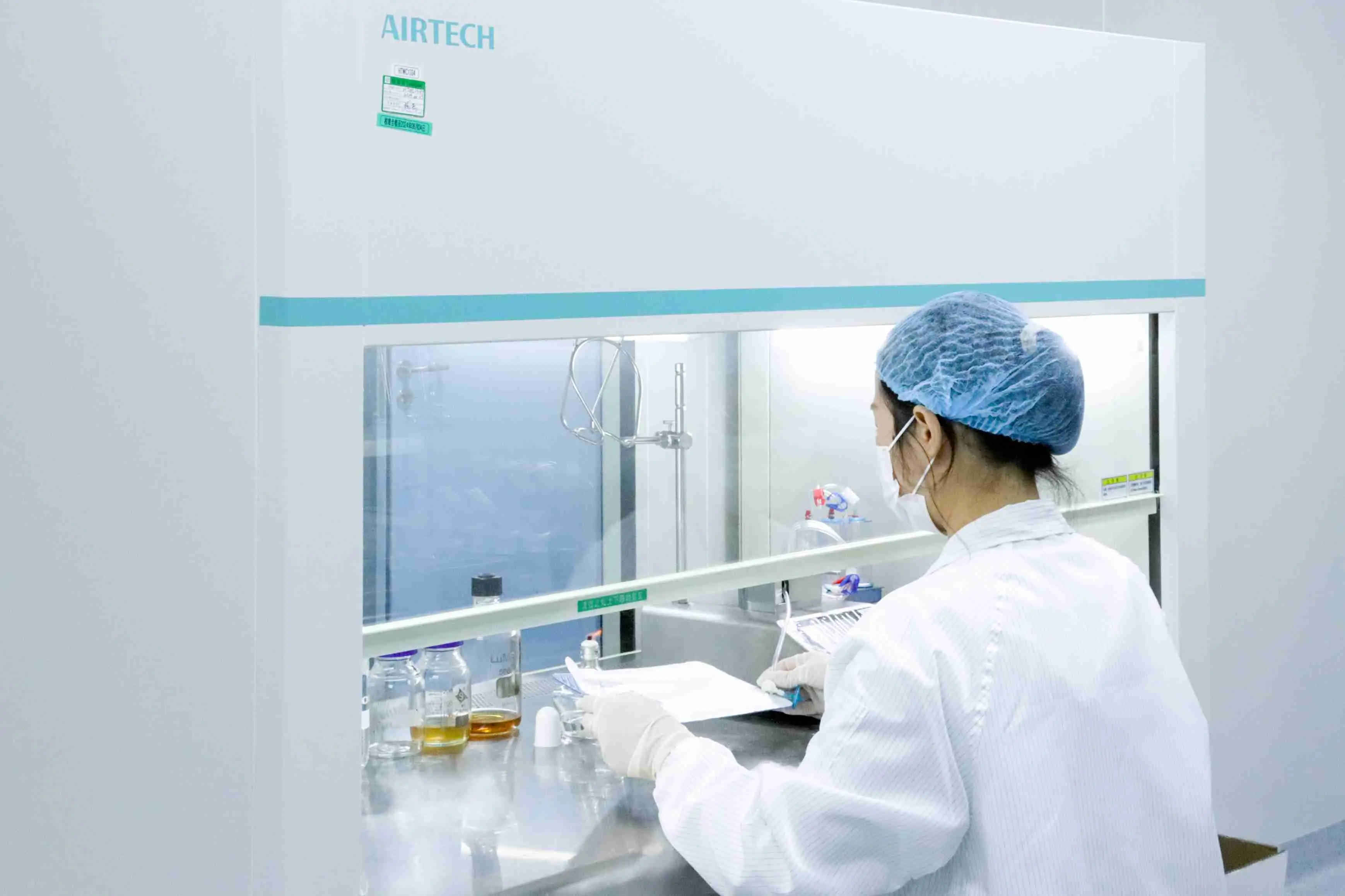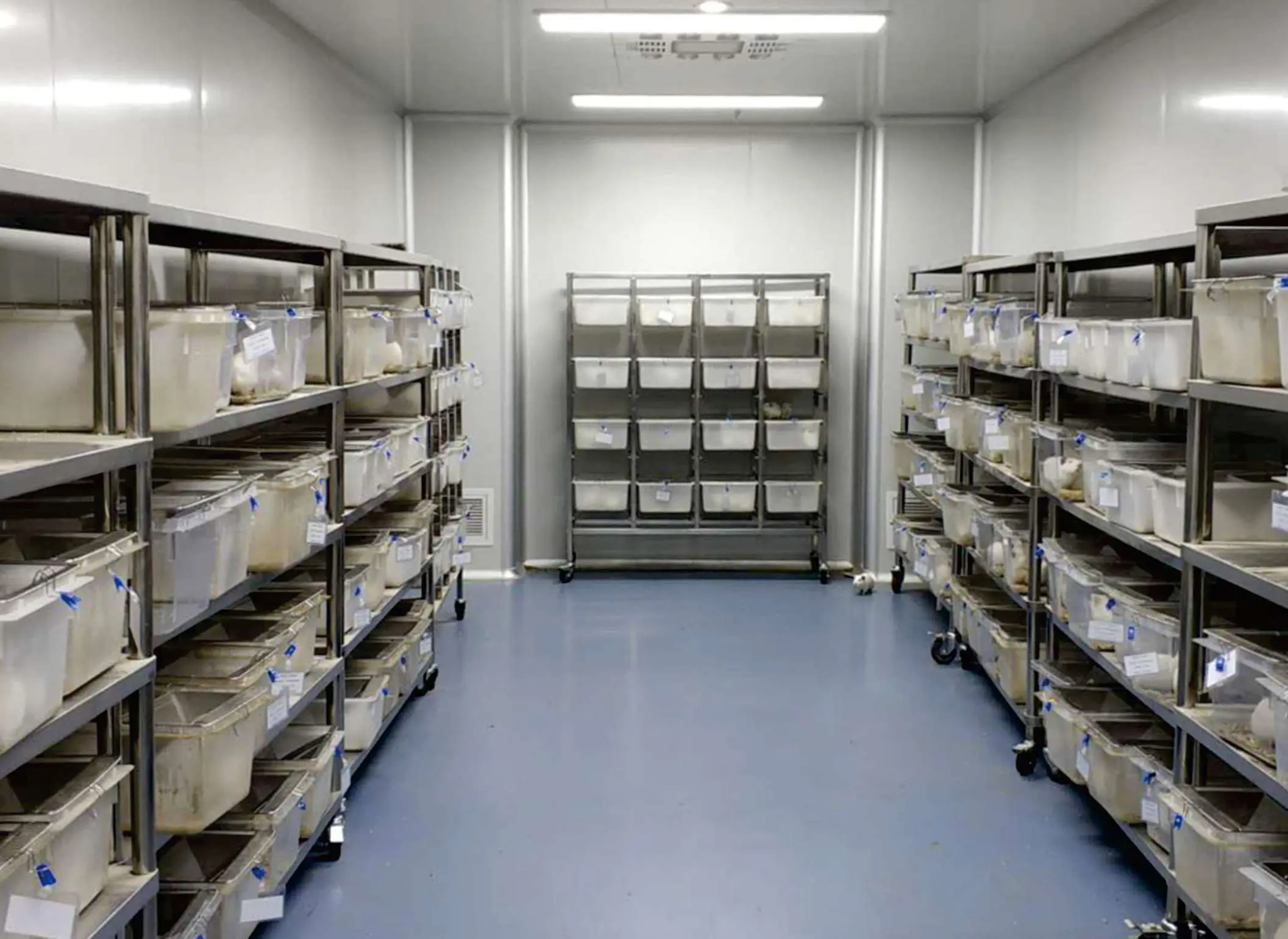
U.S. FDA Food Contact Material Testing
The FDA, fully named the U.S. Food and Drug Administration, is an agency responsible for regulating the safety of food, food contact materials, food additives, drugs, cosmetics, and medical devices. Food contact material testing (food-grade testing) is conducted to determine whether materials or products that come into contact with food meet food-grade standards, ensuring consumer health and safety. In daily life, food contact materials and products are everywhere. During use, harmful substances from non-compliant products may transfer into food, posing health risks.
Food contact materials and products refer to materials and items that come into contact with food during processing, production, packaging, storage, transportation, sales, and use. This also includes inks, adhesives, lubricants, and other substances that may indirectly contact food or food additives.

Scope of Application
Materials and products that come into contact with food during processing, production, packaging, storage, transportation, and usage, including:
- Plastics, metals, ceramics, paper, enamel, rubber, silicone, glass, wood, bamboo, natural/chemical fibers, organic coatings, etc.
U.S. Food-Grade Testing Items
- Deionized water extraction method
- Alcohol extraction method
- n-Heptane extraction method
- Maximum extractable substances in 95% alcohol
- Maximum extractable substances in ethyl acetate
- Maximum extractable substances in benzene
- Xylene extractables
- Chloroform-soluble extractables (deionized water extraction method)
- Chloroform-soluble extractables (8% alcohol extraction method)
- Chloroform-soluble extractables (50% alcohol extraction method)
- Chloroform-soluble extractables (n-heptane extraction method)
- Chloroform-soluble extractables (95% ethanol)
- Extractable fluorides
- Pentachlorophenol (PCP)
- Total non-volatile extractables
- Specific gravity
- Melting point
- Residual styrene monomer
- Residual vinyl chloride monomer
- Residual acrylonitrile, etc.
U.S. Food-Grade Standards
- FDA 21 CFR 175.300 Coatings of resins and polymers
- FDA 21 CFR 176.170 Components of paper and board in contact with aqueous and fatty foods
- FDA 21 CFR 177.1010 Semi-rigid and rigid acrylic and modified acrylic plastics
- FDA 21 CFR 177.1210 Gasket and sealing materials for food containers
- FDA 21 CFR 177.1240 Copolymers of 1,4-cyclohexanedimethylene terephthalate and isophthalate
- FDA 21 CFR 177.1340 Ethylene/methyl acrylate copolymer resins
- FDA 21 CFR 177.1350 Ethylene/vinyl acetate copolymer
- FDA 21 CFR 177.1460 Molding articles of melamine/formaldehyde resins
- FDA 21 CFR 177.1500 Nylon resins
- FDA 21 CFR 177.1520 Olefin polymers
- FDA 21 CFR 177.1550 Perfluorocarbon resins
- FDA 21 CFR 177.1580 Polycarbonate resins
- FDA 21 CFR 177.1630 Vinyl ester polymers
- FDA 21 CFR 177.1640 Polystyrene and rubber-modified polystyrene
- FDA 21 CFR 177.1810 Styrene block polymers
- FDA 21 CFR 177.1900 Urea-formaldehyde resins for molded articles
- FDA 21 CFR 177.2410 Phenolic resins for molded articles
- FDA 21 CFR 177.2420 Cross-linked polyester resins
- FDA 21 CFR 177.2440 Polyether sulfone resins
- FDA 21 CFR 177.2470 Polyoxymethylene copolymers
- FDA 21 CFR 177.2480 Polyoxymethylene homopolymers
- FDA 21 CFR 177.2600 Reusable rubber articles
- FDA 21 CFR 180.22 Acrylonitrile copolymers
- FDA 21 CFR 181.32 Acrylonitrile copolymers and resins
- FDA 21 CFR 178.3800 Wood preservatives
- 16 CFR 1303 Ban on lead-containing paints and certain lead-containing consumer products
- FDA 21 CFR CPG 545.500 Silver-plated hollowware
- FDA 21 CFR 177.1020 Acrylonitrile/butadiene/styrene copolymers
- FDA 21 CFR 177.1660 Polybutylene terephthalate
- FDA 21 CFR 177.1975 Vinyl chloride polymers
- FDA 21 CFR 177.1670 Polyvinyl alcohol film
- FDA 21 CFR 177.1395 Laminated film for use at temperatures between 120°F and 250°F
- FDA 21 CFR 177.1655 Polysulfone resins
- FDA 21 CFR 177.1680 Polyurethane resins
- FDA CPG 7117.05 Silver-plated products
- FDA CPG 7117.06 & 07 Glass, ceramics, enamelware
Sample Requirements
Finished products or component materials must be provided based on the testing project. The required quantity depends on product shape, size, and specific test requirements. For details, please consult the customer service or technical staff at JJR Laboratory China.
- Certification: CNAS
- Testing Period: 5 working days
Food Contact Material Testing Process
1. Communicate to understand product materials, test items, and standards
2. Fill out the test application form
3. Send samples to JJR Laboratory China
4. Receive sample quotation
5. Confirm quotation and make payment
6. Arrange sample testing; if issues arise during testing, propose rectifications
7. If the test is passed, a report is issued
Friendly Reminder
Companies exporting products to the U.S. should stay updated on the latest FDA food contact material requirements. Before testing, consult an institution to understand the product characteristics and applicable standards. If there are any non-compliance issues, they should be rectified promptly. Different materials have different testing standards and requirements, and tests should strictly follow FDA standards. JJR Laboratory China provides professional technical support to help enterprises resolve issues. Feel free to contact us.
Email:hello@jjrlab.com
Write your message here and send it to us
 When Can FCC ID Modifications Be Filed?
When Can FCC ID Modifications Be Filed?
 LoRa Certification Testing Laboratory
LoRa Certification Testing Laboratory
 Blood Pressure Monitor Certification Testing Servi
Blood Pressure Monitor Certification Testing Servi
 ECG Device Certification Testing
ECG Device Certification Testing
 Pulse Oximeter Certification and Testing Standards
Pulse Oximeter Certification and Testing Standards
 IVD Medical Device GB 4793:2024 Test Report
IVD Medical Device GB 4793:2024 Test Report
 IECEE CBTL Testing Laboratory for IVD Medical Devi
IECEE CBTL Testing Laboratory for IVD Medical Devi
 China OECD GLP-Certified Laboratory
China OECD GLP-Certified Laboratory
Leave us a message
24-hour online customer service at any time to respond, so that you worry!




